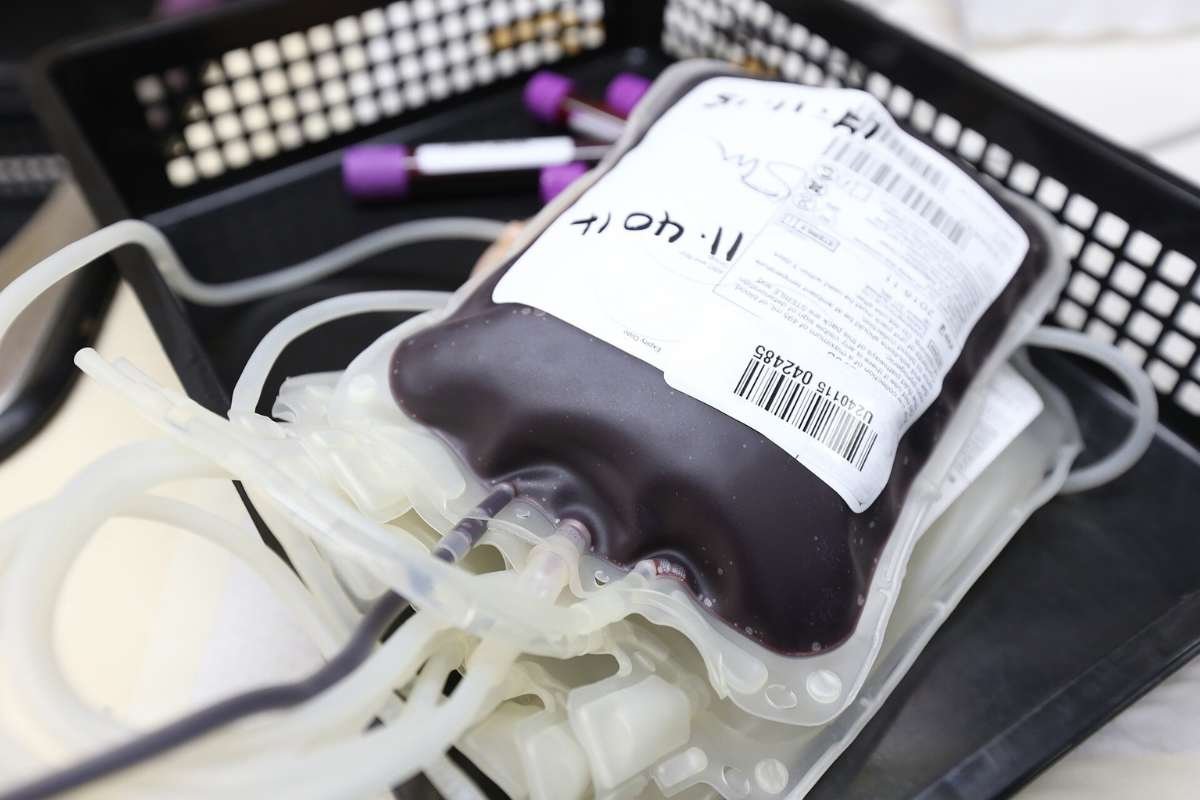Study Confirms Benefits of Liberal Blood Transfusions
Anemic patients who receive more blood transfusions following a heart attack have better survival rates at six months, according to a groundbreaking study led by Rutgers Health. Published in NEJM Evidence, the research builds on findings from a 2023 trial known as MINT (Myocardium Infarction and Transfusion), which highlighted higher mortality and recurrence rates of heart attacks in anemic patients who were given fewer transfusions.
The study was spearheaded by Jeffrey L. Carson, provost and Distinguished Professor of Medicine at Rutgers Robert Wood Johnson Medical School, who has been a leading figure in researching transfusion strategies for nearly two decades. Carson collaborated with researchers in France and the United States to analyze data from four clinical trials encompassing 4,311 heart attack patients with low blood counts. The patients were divided into two groups: one receiving fewer transfusions and the other receiving more. Researchers then compared the outcomes, focusing on mortality rates and recurrence of heart attacks at 30 days and six months post-enrollment.
Six-Month Findings Highlight Life-Saving Potential
While the analysis did not conclusively establish that fewer Blood Transfusions increased the risk of death or heart attack within 30 days, it revealed a concerning trend at six months. Patients who received fewer transfusions demonstrated a higher risk of mortality compared to those who received more blood. Although the 30-day results were not statistically significant, the liberal transfusion approach was associated with a 2.4% lower combined risk of death or recurrent heart attack.
Carson emphasized the importance of the findings: “The results of this analysis show that giving more blood to anemic patients with heart attacks can save lives at six months.” The study’s participants, with an average age of 72 and comprising 45% women, often had underlying conditions such as prior heart attacks, heart failure, diabetes, or kidney disease, further underscoring the complexities of treatment.
Pioneering Guidelines and Future Implications
Carson’s extensive research has significantly influenced blood transfusion guidelines over the past two decades. His work led to the establishment of transfusion standards in 2012, widely adopted by physicians to optimize patient care. These guidelines, updated last year in the Journal of the American Medical Association, advocate for an individualized approach tailored to patients’ medical histories, preferences, and symptoms.
The recent findings bolster the argument for liberal transfusion strategies in specific patient populations, particularly those with anemia and heart attacks. Carson’s continued focus on refining treatment protocols aims to improve long-term outcomes and provide clearer direction for healthcare providers navigating complex medical scenarios.
As medical practitioners assess the implications of these results, the study underscores the critical role of evidence-based Blood Transfusions in enhancing patient survival and quality of care.







